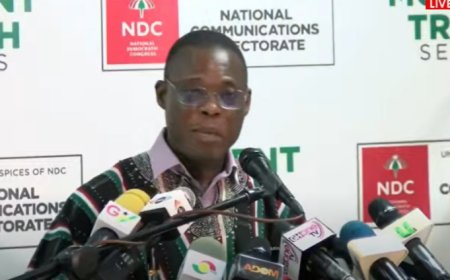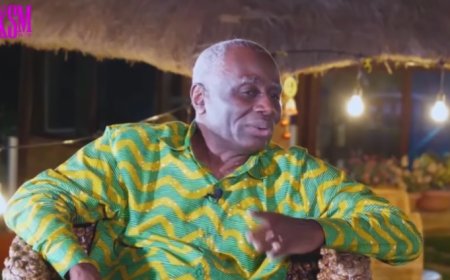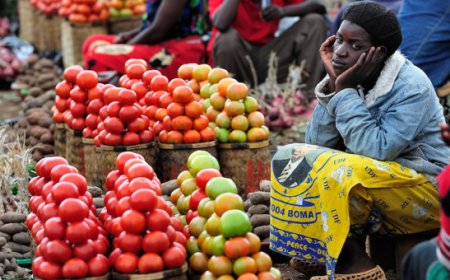Education Minister Celebrates Success in Learning Outcomes
Read about the Deputy Minister of Education's celebration of improved learning outcomes in Ghana, attributed to collaborative efforts with partners and innovative play-based learning approaches.
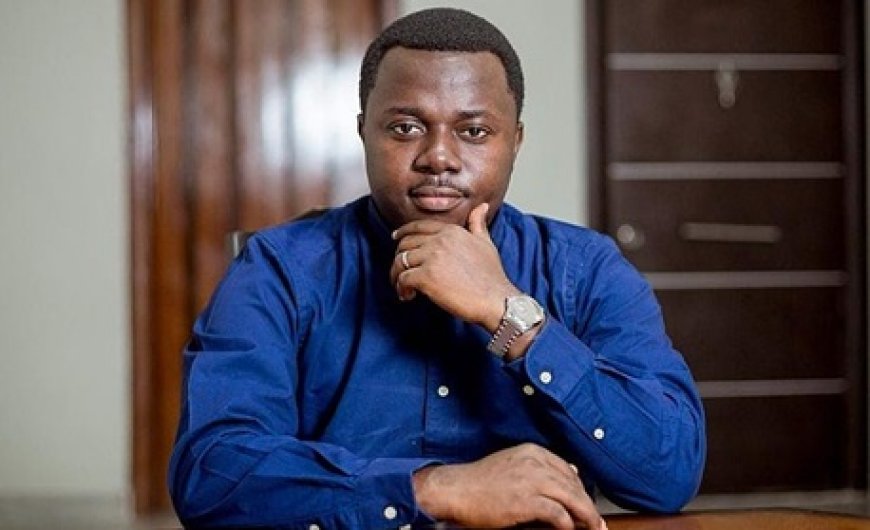
In a recent address, the Deputy Minister of Education, Reverend John Ntim Fordjour, heralded a significant upturn in learning outcomes at the basic level, attributing it to collaborative interventions with partners across the nation.
Reverend Fordjour highlighted data from the National Standardised Test, indicating a substantial increase in reading proficiency from a mere two percent in 2015 to a commendable 38 percent in 2022. He credited this achievement to a concerted effort over the past four years, particularly through a collaboration with the non-governmental organization Right To Play (RTP) via the Partners in Play Project (P3), aimed at enriching education quality for children aged four to 12 years from 2019 to 2024.
The project's core objective was to integrate play-based learning methodologies into the national curriculum and teaching strategies.
Speaking at a dissemination session in Accra-themed "Accelerating learning outcomes through play-based approaches: Unlocking the successes and insight from play-based learning programmes in Ghana," Reverend Fordjour emphasized the transformative impact of these initiatives on education in the country.
Reverend Fordjour highlighted the government's commitment to revolutionizing teaching and learning to bridge gaps in access and educational standards. He praised the RTP's methods for reaching approximately 614 learners nationwide and supporting over 10,000 underperforming schools targeted by the Ghana Accountability for Learning Outcomes Projects (GALOP).
Moreover, he noted that nearly 17,000 teachers had undergone specialized training in play-based learning approaches. The results were tangible, with learners in intervention schools exhibiting a remarkable improvement, reading 51 more words per minute, and an impressive 86 percent achieving proficiency within these schools.
Additionally, 81 percent of teachers were observed demonstrating effective play-based teaching methods, instilling confidence and enthusiasm for learning through this innovative pedagogy.
Josephine Mukakalisa, the Country Director of Right to Play, underscored the organization's commitment to gender-responsive education and transformation. She reported that more than 4,000 teachers had been trained from 2018 to 2023 under their auspices, further contributing to the educational landscape's positive evolution.
The Education Ministry's collaboration with partners like Right to Play showcases a promising trajectory for Ghana's educational system, signaling a brighter future for its students and educators alike.
What's Your Reaction?









